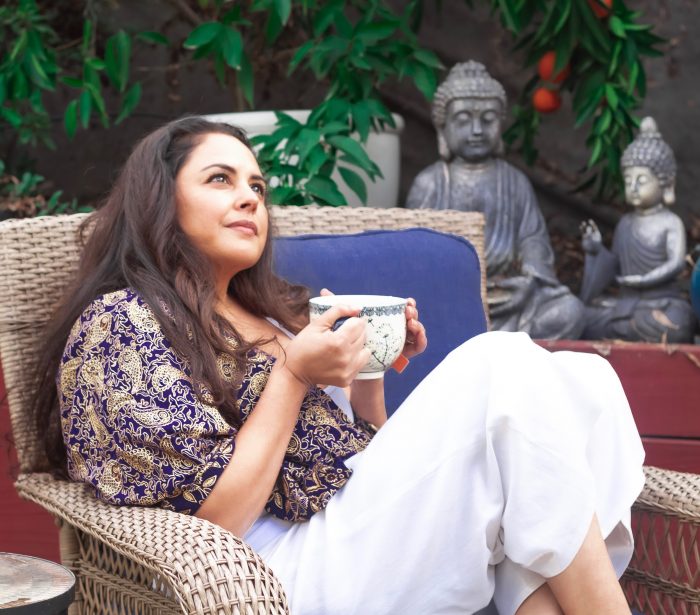I remember when I went on my first yoga retreat.
It was 10 years ago as part of the first teacher training I completed. I can recall the sense of panic that I felt when I learned that the retreat would be entirely vegetarian.
Until this retreat, I don’t remember a day that had gone by that there wasn’t some type of meat with all my meals. Especially over the years that I was a competitive figure athlete. I considered taking jerky with me to the retreat so that I wouldn’t be deprived of my meat source. I was skeptical that I would be satiated without meat for at least one meal of the day.
I didn’t take the jerky—I decided that I would take the risk after hearing that the food was delicious and that I would be just fine. The food was delicious. And I was pleasantly surprised that I felt good and didn’t die from being vegetarian for a long weekend.
Why is it that we can be so incredibly attached to ideas we have about ourselves?
I have been attached to so many limiting beliefs that have held me back from living my best life. And, after uncovering the limiting belief for the lie that it is, I always shake my head and can’t believe I strongly I believed something that flatly wasn’t true.
I see it in others too—when I hear someone say that they can’t meditate, quit coffee, give up smoking, or stop drinking alcohol. We get wrapped up in concepts we have about ourselves. Frankly, we can do anything we want to do, and the only thing standing in our way is ourselves.
I’ve had the same limiting belief about alcohol.
For many years, I believed that I needed alcohol to wind down from a hectic day, to have fun socializing with friends and family, to celebrate holidays or special events, or, well, because it’s the weekend.
But, do I really need it? Does alcohol really make life better?
Maybe it’s the fact that we are in quarantine and I’m more introspective than usual, but I think I’ve been giving alcohol way too much credit.
I’ll admit that when I’m reaching for a drink because of stress, the numb feeling is exactly what I’m looking for to soothe my anxiety. But, when I’m celebrating with friends or family, I’m just accustomed to grabbing a glass of wine. I notice that the next day after a celebration, I’m dull, foggy, and not running on all cylinders.
And, this is what I’m really getting at. The cost benefit isn’t adding up for me anymore. For all the celebrations and stressful nights, it’s just not worth the numbness I feel the following day.
It’s like Brené Brown says, alcohol numbs the bad feelings, but it also numbs the good ones. I see that now.
I’m getting ready to embark on another trip around the sun, and this year I’m giving myself a gift. The gift of feeling, of creating, of living without the weight of the previous night’s celebration. A gift of self-care that Buddhists call maitri, or making friends with oneself.
My 100 days of sobriety began on October first, and this means that I’ll be dry through the holidays, from Halloween until after New Year’s. Yes, through the celebrations and the stress. Because I believe that alcohol doesn’t make the holidays better or more bearable. I’m going to use the next 100 days to unravel the limiting belief that alcohol is a necessary substance to relieve stress or create joy and connection.
What’s the worst that can happen from being alcohol free for 100 days? I lose weight, sleep better, have more energy, save money?
Yes, please.


 Share on bsky
Share on bsky





Read 14 comments and reply